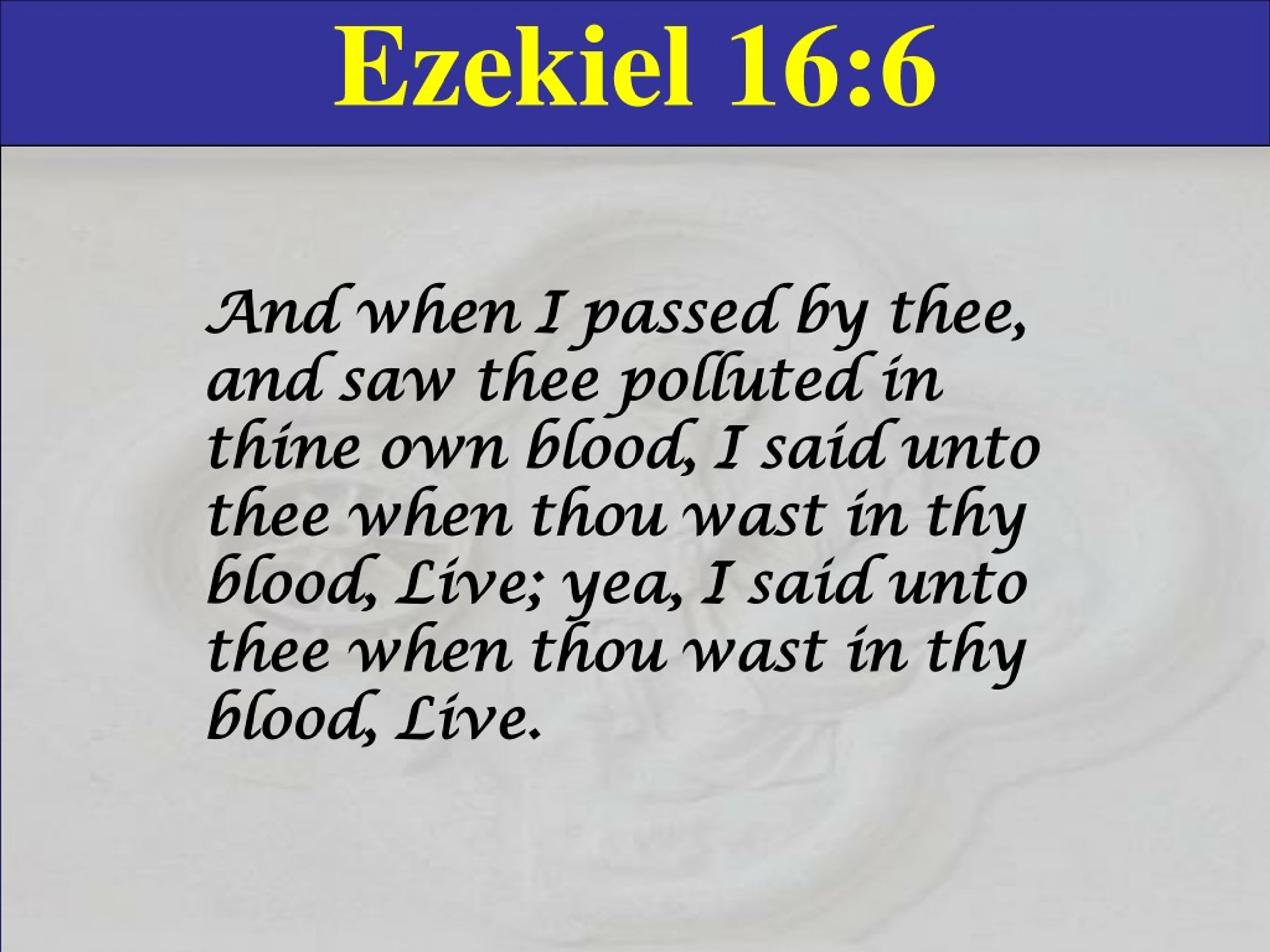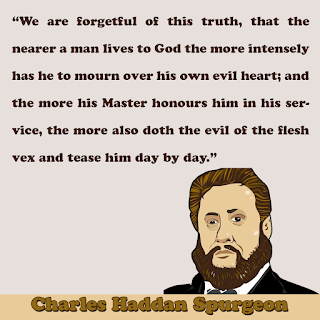The Lamentations of Jeremiah
Love the Church
Thou shalt arise, and have mercy upon Zion: for the time to favor her, yea, the set time, is come. For thy servants take pleasure in her stones, and favor the dust thereof. (Psalm 102:13-14)
Yes, our prayers for the church will be heard. The set time is come. We love the prayer meetings, and the Sunday school, and all the services of the Lord's house. We are bound in heart to all the people of God and can truly say,
There's not a lamb in all thy flock
I would disdain to feed
There's not a foe before whose face
I'd fear thy cause to plead.
If this is the general feeling, we shall soon enjoy times of refreshing from the presence of the Lord. Our assemblies will be filled, saints will be revived, and sinners will be converted. This can only come of the Lord's mercy; but it will come, and we are called upon to expect it. The time, the set time, is come. Let us bestir ourselves. Let us love every stone of our Zion, even though it may be fallen down. Let us treasure up the least truth, the least ordinance, the least believer, even though some may despise them as only so much dust. When we favor Zion, God is about to favor her. When we take pleasure in the Lord's work, the Lord Himself will take pleasure in it.
"Live" said Almighty
"BRETHREN, PRAY FOR US."
A Mountain Choir
Faith's Checkbook ~ Charles Haddon Spurgeon
Sing, O heavens; and be joyful, O earth; and break forth into singing, O mountains: for the Lord hath comforted his people, and will have mercy upon his afflicted. (Isaiah 49:13)
So sweet are the comforts of the Lord, that not only the saints themselves may sing of them, but even the heavens and the earth may take up the song. It takes something to make a mountain sing; and yet the prophet summons quite a choir of them. Lebanon, and Sirion, and the high hills of Bashan and Moab, He would set them all singing because of Jehovah's grace to His own Zion. May we not also make mountains of difficulty, and trial, and mystery, and labor become occasions for praise unto our God? "Break forth into singing, O mountains!"
This word of promise, that our God will have mercy upon His afflicted, has a whole peal of bells connected with it. Hear their music—"Sing!" "Be joyful!" "Break forth into singing." The Lord would have His people happy because of His unfailing love. He would not have us sad and doubtful; He claims from us the worship of believing hearts. He cannot fail us: why should we sigh or sulk as if He would do so? Oh, for a well-tuned harp! Oh, for voices like those of the cherubim before the throne!
A TOTALITARIAN DEMAND
July 5 "Called to be saints"
 |
“Called to be saints.” —Romans 1:7 |






